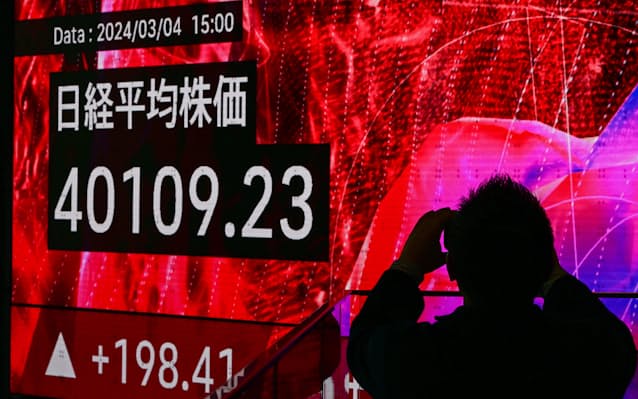Japan's premier stock index, the Nikkei Average, has remarkably achieved a record close above the 45,000 point milestone for the first time. This landmark record reflects robust performance in the Japanese economy and positive investor sentiments despite COVID-19 uncertainties. The news has created a significant buzz among domestic and international investors on the strength and resilience of the Japanese stock market.
Japanese people generally consider the Nikkei Average as an important gauge of the nation's economic health. As such, a rise in the Nikkei Average generally boosts sentiment among local investors and businesses and often leads to increased consumer spending. This achievement indicates economic resilience despite the ongoing global pandemic, providing a sense of security for those invested in the country's economy.
Stock market indices in the U.S and EU similarly act as economic barometers, reflecting the general trends and health of their respective economies. Prominent indices such as the Dow Jones Industrial Average and the S&P 500 in the US, or FTSE 100 in the UK, often make headlines when major milestones are reached. This shapes investor sentiments and behavior, similar to the Nikkei Average in Japan.

